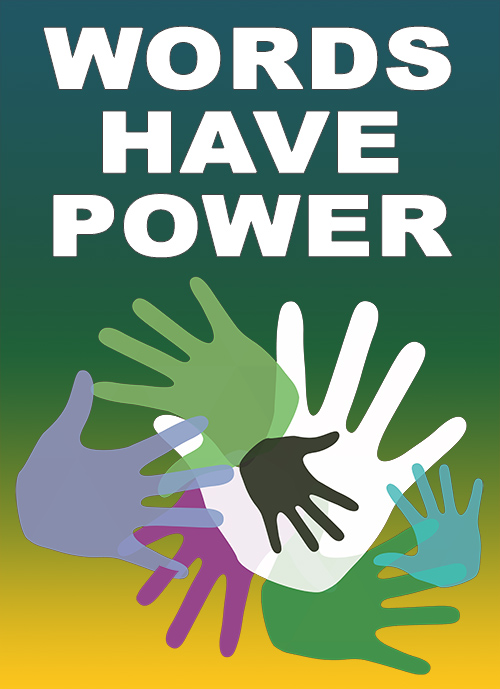*Each of the videos on this Library Guide is equipped with closed captioning. Click on "CC" or the settings button to turn on the closed captioning.

There is a link to Disability Support Services on each student's MyIvy Page. Click on the "Ivy Services & Support" Icon on the dashboard for more information.


Ivy Tech recognizes Disability Awareness Month to pay tribute to the accomplishments of people with disabilities. Nationally, March is also Developmental Disability Awareness Month, and October is Disability Employment Awareness Month.
Per the CDC, a disability is any condition of the body or mind (impairment) that makes it more difficult for the person with the condition to do certain activities (activity limitation) and interact with the world around them (participation restrictions).
A non-apparent, invisible, of hidden disability is any disability that is not always obvious to the onlooker, but can sometimes limit daily activities, ranging from mild challenges to severe limitations, and vary from person to person. For some people, these terms are offensive. It suggests the person is not visible or that you cannot discern that a person has a disability, which is not always true. Always ask someone which term, if any, they prefer to use.
Examples of non-apparent, invisible, or hidden disabilities include debilitating pain, fatigue, dizziness, cognitive dysfunctions, brain injuries, learning differences, and mental health disorders, as well as hearing and vision impairments. More information about invisible disabilities
61 million adults in the United States live with a disability
26% of adults have some type of disability
People living in the South are more likely to have a disability
2 in 5 adults 65 years and older have a disability
1 in 4 women have a disability
2 in 5 Non-Hispanic American Indians/Alaskan Natives have a disability
Get educated!
Spread the word!
Be an advocate!
**You must be logged in using your Ivy Tech ID and password to access these search links.